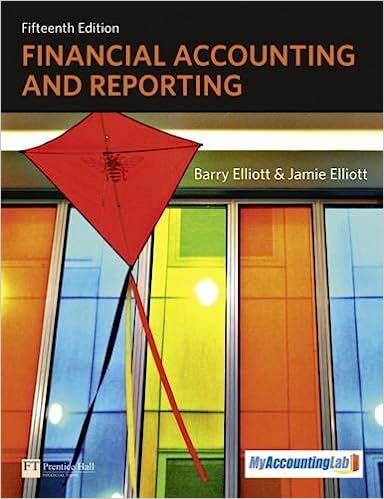Question
Peter is a senior in college in 2016. His educational expenses were tuition of $8,000 and room and board of $4,000. He received scholarships of
Peter is a senior in college in 2016. His educational expenses were tuition of $8,000 and room and board of $4,000. He received scholarships of $5,000 which was restricted to tuition only and $2,500 unrestricted. Peter has no earned income during 2016, and his parents paid the balance of the college costs.
Peters parents have taken the American Opportunity tax credit three times before related to Peters college education. They have not taken the Lifetime Learning credit related to Peters education in the past. Peters parents are married and file a joint return. Their AGI for 2016 is $120,000 and they take the standard deduction. They have no other dependents.
a) What are the tax consequences of Peters scholarships? What options does the family have for claiming any tax benefits for higher education costs?
b) Does your answer in part a) change if Peters grandmother was the person who paid the balance of the college costs instead of his parents?
c) Does your answer to part a) change if his parents paid the balance of the college costs from funds that had were withdrawn from a 529 qualified tuition program account?
d) Does your answer to part a) change if Peter has income from wages of $65,000 for 2016?
Step by Step Solution
There are 3 Steps involved in it
Step: 1

Get Instant Access to Expert-Tailored Solutions
See step-by-step solutions with expert insights and AI powered tools for academic success
Step: 2

Step: 3

Ace Your Homework with AI
Get the answers you need in no time with our AI-driven, step-by-step assistance
Get Started


